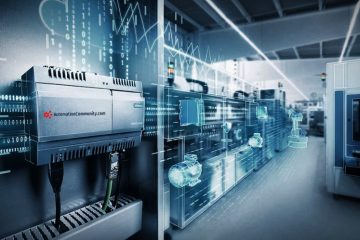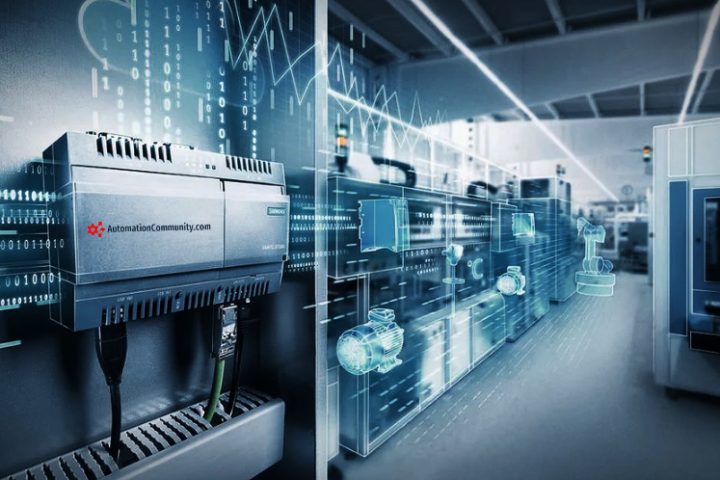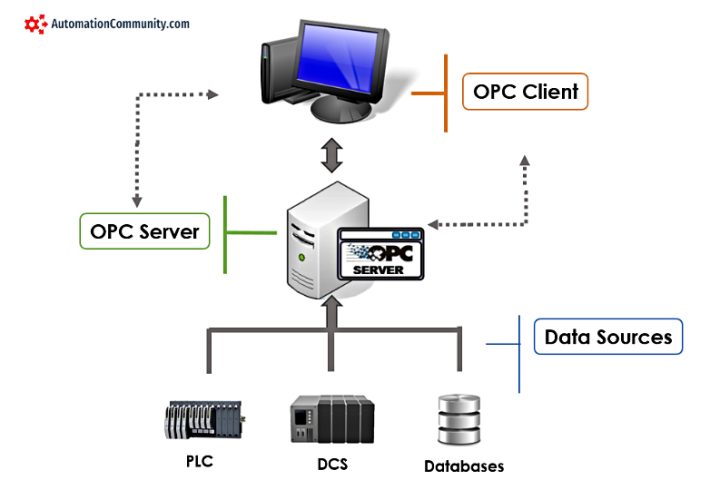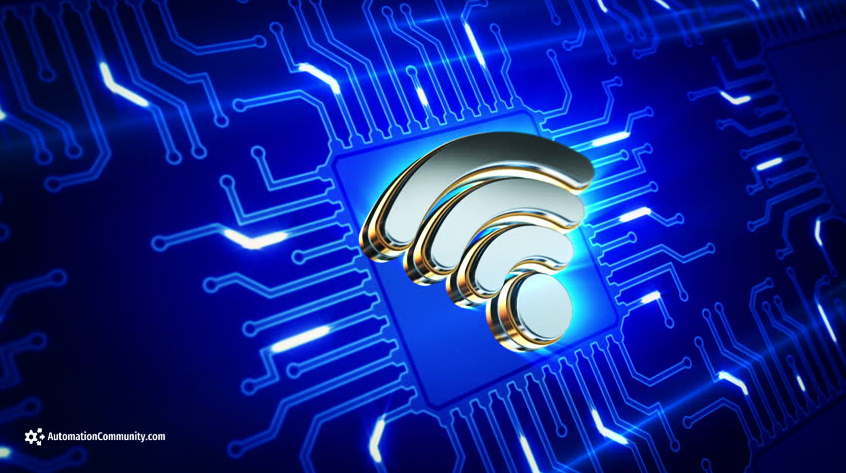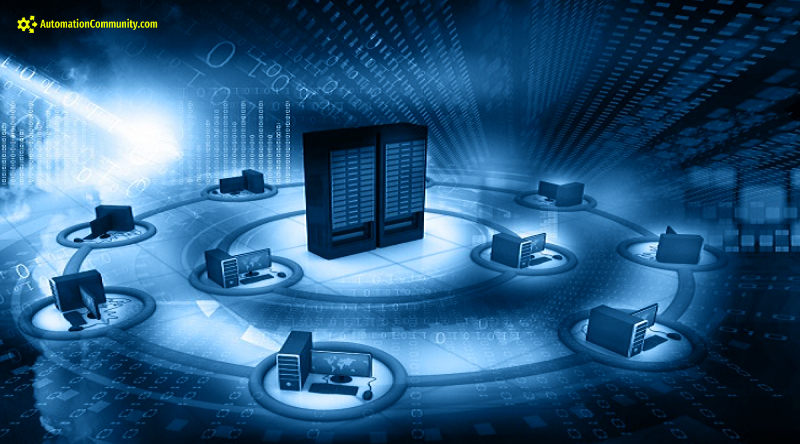Difference Between PLC and Personal Computer
In this article, you will learn the difference between PLC and personal computer in industrial automation systems.
Programmable Logic Controller
A programmable logic controller (PLC) is designed to be used in industrial control systems. It is a digital controller that is used to control industrial production environments.
PLCs are programmed to perform a wide range of tasks, including measuring process parameters and controlling motors, relays, and other types of electrical devices.
General-Purpose Computer
A general-purpose computer, on the other hand, is a type of computer that can be used for a wide range of software tasks and applications.
General-purpose computers can be found in homes, offices, and other areas, and they are used for general tasks such as word processing, internet browsing, and playing video games.
Key Differences
There are several key differences between PLCs and general-purpose computers:
- Purpose: PLCs are specifically designed to be used in industrial control systems, while general-purpose computers are designed to be used for a wide range of tasks and applications.
- Programming: PLCs are programmed using a specialized industrial programming language, while general-purpose computers can be programmed using a variety of languages, including specialized languages as well as general-purpose programming languages.
- Hardware: PLCs are designed to be rugged and reliable, and they can operate in harsh industrial environments. They are built with components that are specifically designed to withstand these conditions, and they often have additional features such as built-in power supplies and communication ports. General-purpose computers, on the other hand, are designed to be used in a wider range of environments, and they may not be as rugged or reliable as PLCs.
- Software: PLCs typically come with specialized software that is used to program and troubleshoot them, while general-purpose computers can run a wide range of software applications.
- Cost: PLCs are generally less expensive than general-purpose computers, especially for smaller-scale applications. However, general-purpose computers may be more cost-effective for larger, more complex tasks or applications.
Difference Between PLC and Personal Computer
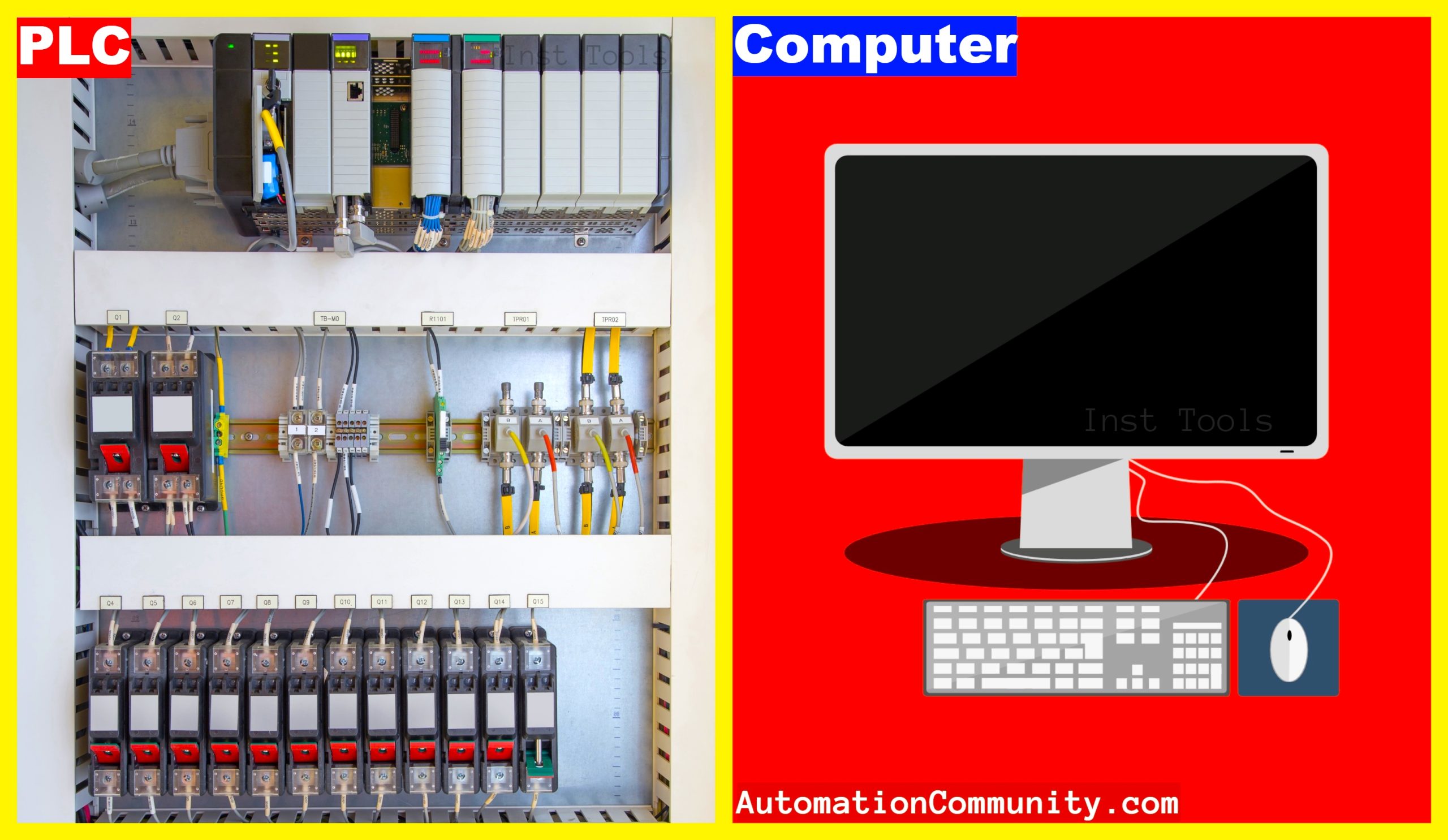
Here is a comparison of PLCs and personal computers in table format:
| Feature | PLC | Personal Computer |
|---|---|---|
| Purpose | Control and automation of industrial processes | General-purpose computing and data processing |
| Durability | Designed for industrial environments, with robust construction and often a wider temperature range | Generally not as durable, with a narrower temperature range |
| Input/Output | Dedicated input/output ports for connecting to sensors and actuators | General-purpose input/output ports, such as USB and Ethernet |
| Programming | Typically programmed using specialized software, such as ladder logic or function block diagrams | Can be programmed using a wide variety of programming languages and frameworks |
| Real-time control | Capable of real-time control, with fast processing speeds and deterministic behavior | Not typically used for real-time control, but can be adapted for this purpose with specialized software and hardware |
| Hardware expandability | Often limited I/O and processing capabilities | Highly expandable, with a wide range of peripheral devices and upgrades available |
| Cost | Generally more expensive than personal computers (for complex projects) | Generally less expensive than PLCs |
Read Next:



